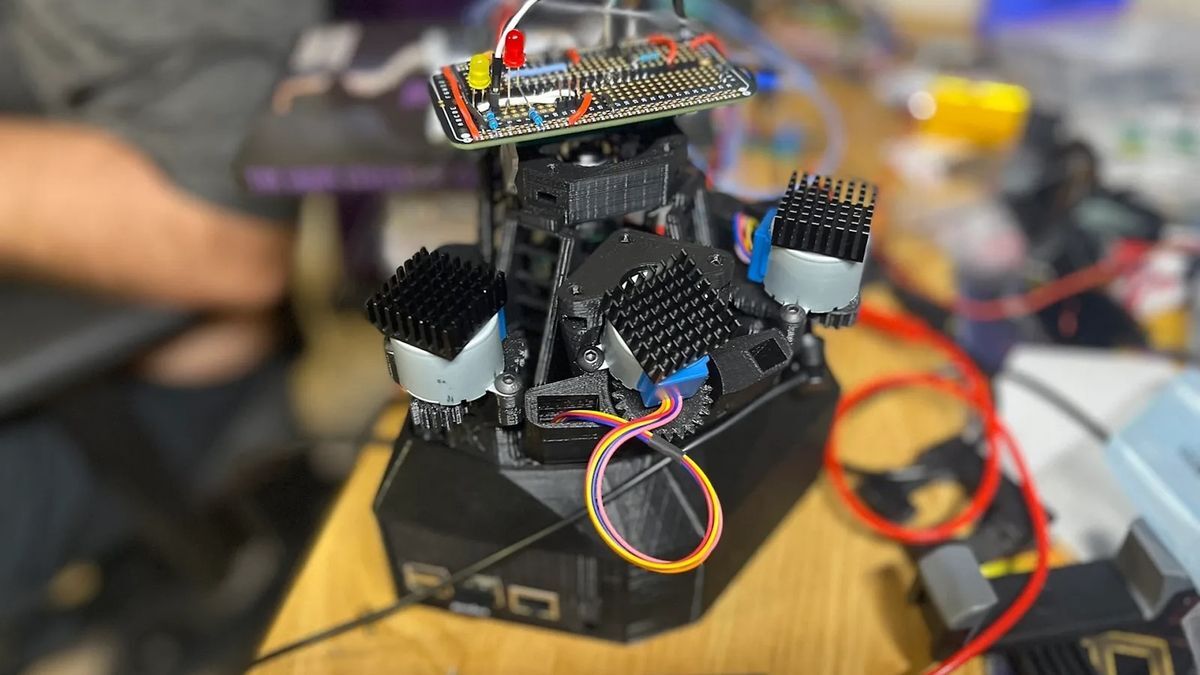… "The first of two versions of the RayV Lite will focus on laser fault injection (LFI). This technique uses a brief blast of light to interfere with the charges of a processor’s transistors, which could flip them from a 0 value to a 1 value or vice versa. Using LFI, Beaumont and Trowell have been able to pull off things like bypassing the security check in an automotive chip’s firmware or bypassing the PIN verification for a cryptocurrency hardware wallet.
The second version of the tool will be able to perform laser logic state imaging. This allows snooping on what’s happening inside a chip as it operates, potentially pulling out hints about the data and code it’s handling. Since this data could include sensitive secrets, LSI is another dangerous form of hacking that Beaumont and Trowell hope to raise awareness of." …



Why the question marks, the answer is always yes.
Because this is not my domain of expertise and I seek comments from other people.